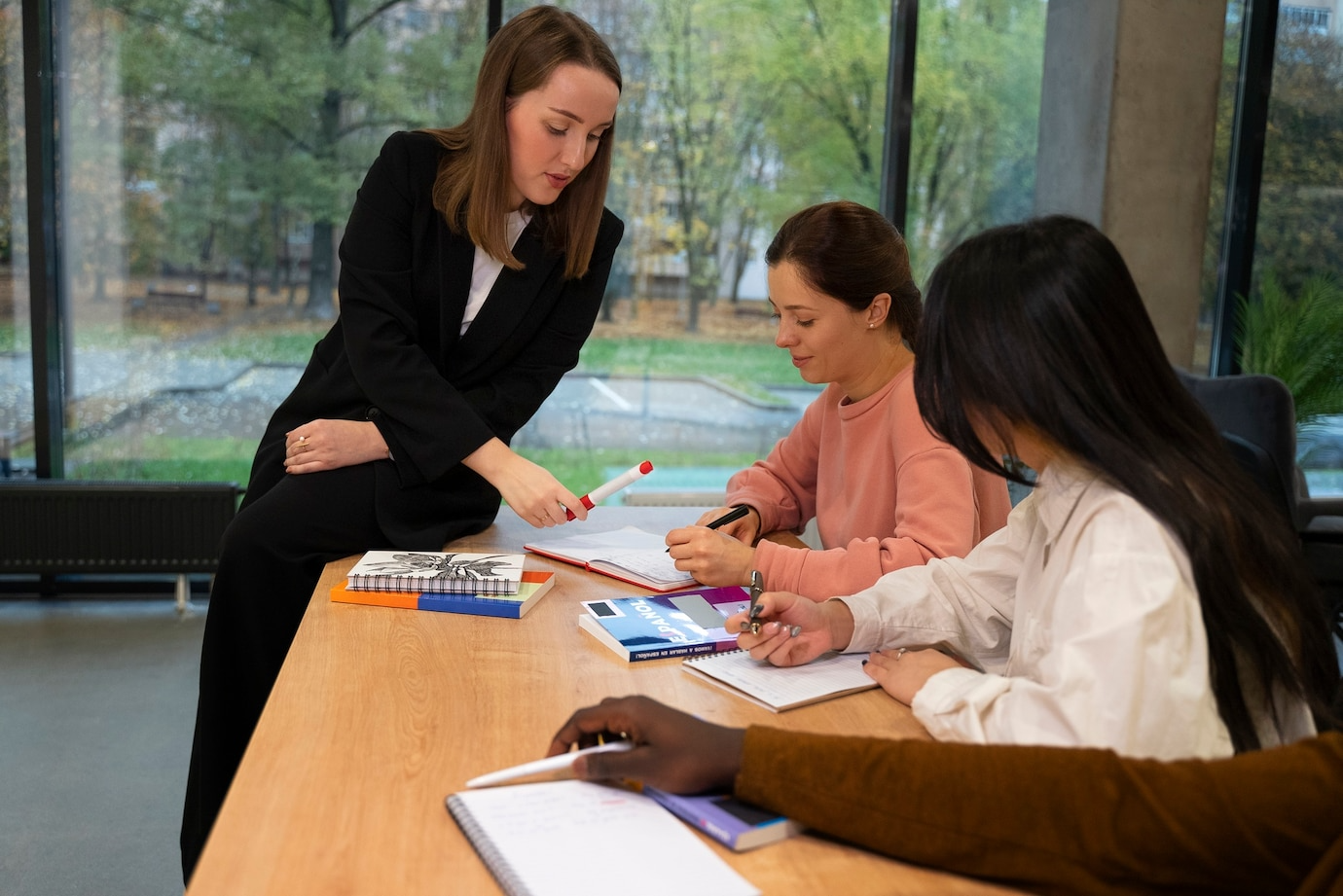Secular community support practices provide a meaningful way to offer comfort, aid, and a sense of belonging to individuals in need without the framework of religious rituals. These practices focus on inclusivity, compassion, and practical assistance, creating a supportive and welcoming environment for all. Understanding these traditions can help us appreciate their significance and the comfort they bring to those who benefit from community support.
Celebrating Inclusivity and Compassion
At the core of secular community support practices is the belief in honoring each individual’s unique needs and circumstances. This includes providing non-religious support that is accessible and welcoming to people of all backgrounds. Secular traditions emphasize creating a compassionate and inclusive environment that fosters a sense of belonging and mutual aid.
Practical Assistance
Secular community support practices often begin with offering practical assistance to those in need. This can include providing food, shelter, transportation, and other essential services. Community members may organize food drives, volunteer at shelters, or create support networks to ensure that everyone’s basic needs are met.
Emotional Support and Counseling
Providing emotional support and counseling is a key aspect of secular community support practices. This support often involves listening, offering encouragement, and connecting individuals with mental health resources. Support groups, counseling services, and peer support networks play a crucial role in helping individuals navigate difficult times and find solace in their community.
Volunteerism and Mutual Aid
Volunteerism and mutual aid are central to secular community support practices. Community members come together to volunteer their time and resources to help others. This can include organizing community clean-ups, offering tutoring and mentorship programs, or providing assistance during emergencies. These efforts reflect the values of solidarity and collective responsibility.
Creating Safe and Inclusive Spaces
Secular community support practices emphasize creating safe and inclusive spaces where individuals can come together, share their experiences, and find support. This can include community centers, support groups, and social gatherings that foster a sense of belonging and connection. These spaces are designed to be welcoming to people of all backgrounds and identities.
Commemorative and Celebratory Events
Secular community support practices often include commemorative and celebratory events that bring people together to honor shared values and achievements. These events can include community festivals, memorial services, and celebrations of milestones. They provide opportunities for reflection, connection, and collective joy.
A Reflection of Secular Values
Secular community support practices reflect the values of compassion, inclusivity, and solidarity. These traditions provide a structured way to offer practical assistance, emotional support, and a sense of belonging to individuals in need. By understanding and respecting these practices, we can offer meaningful support to our secular friends and family and strengthen our communities.
In summary, secular community support practices offer a profound and respectful way to foster compassion and solidarity, rooted in a deep understanding of inclusivity and practical assistance. These practices not only provide comfort and aid to those in need but also ensure that everyone is honored with dignity, respect, and a sense of belonging.
If you have feedback, questions, or ideas for future articles or Information Hubs, please contact us. Your insights help us create valuable content.


